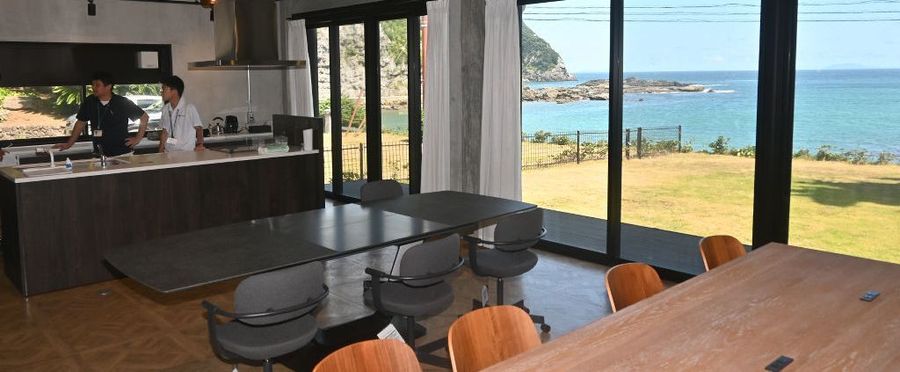Amid the global trend of remote work, "work-cations" boasted high promise in Japan, combining work and vacation in beautiful locales. However, despite their majestic settings, these establishments are facing severe economic challenges. Decreased travel due to the COVID-19 pandemic, along with other operational issues, contributed significantly to their downturn. The struggle of these facilities, often situated in areas renowned for their natural beauty, harbored optimism for reviving Japan's tourism and regional economies, underscoring the broadening impact of the pandemic.
Work-cation, a practice that boosts both work productivity and tourism, has become quite popular in Japan. Many people sought out these facilities to not only change their working environment but also support local businesses. The decline of these facilities raises concerns about regional economies heavily reliant on tourism and hospitality, as well as the precedent for broader cultural shifts in work style and tradition.
Compared to the US or EU where remote work flexibility has led to the rise of digital nomad communities with services such as Airbnb's 'work from anywhere' concept, Japan's work-cation facilities face unique challenges. The emphasis on traditional office work in Japan contrasts with Western flexibility, and the economic impact of facility decline may be more acutely felt in regions heavily reliant on tourism.

